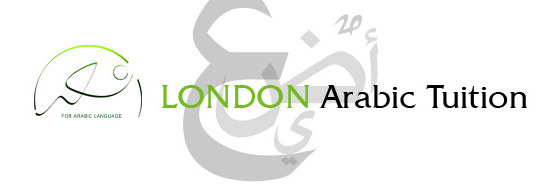Learning any language can be challenging, because it requires a different way of thinking and speaking and because it is an endeavour that requires persistence and discipline on the part of the learner.
In this article, we will be discussing 5 techniques that can help you learn to speak Arabic.
Learn a Dialect
The majority of courses are going to focus on teaching what is referred to as Modern Standard Arabic. This is the Arabic that you will hear spoken on news programs and that you will encounter when reading literature. Modern Standard Arabic is good if you want to give speeches or business presentations. This sort of speaking, however, is not what is used for everyday interactions with other speakers of the Arabic language.
People will understand you, but you will sound formal and stilted.
The three main dialects are: Levantine Arabic, spoken in Syria, Jordan, Palestine, and Lebanon, Gulf Arabic, spoken in The Gulf region, and Egyptian Arabic, spoken in Egypt. Learning one of the dialects is sufficient to be able to speak with those who speak the other dialects, and it will be the equivalent to a Londoner having a conversation with someone from the United States. If your goal is to converse with people in everyday settings, learning a dialect is a must.
Seek Out Tutoring
One of the best ways to learn a language is to do so in a group or one on one with a tutor. This is because you will get immediate instruction in speech and in the proper pronunciation of your vocabulary words. The process of learning a language will also be speedier, because you’ve taken out all of the guesswork.
You will also have the benefit of having an experienced teacher who is able to plan out your lessons and to guide you along your journey of learning to speak the Arabic language. For learners seeking London Arabic courses, there are tutors available that can meet with you at a time that works best with your schedule.
Practice Reading Out Loud
When you are attempting to become accustomed to speaking the phrases and sounds particular to the Arabic language, nothing can help you the way that consistent practice can. Get a hold of as much reading material as you can, and read the text as best you can, being sure to enunciate your words carefully. You can use your study material from your lessons, and you can also find material online for you to read. If you get an Arabic translation of a text that is also written in your native language, you can actively compare the two as you speak, and you can learn more about the structure of the language as a result.
Immerse Yourself in Film and Music
For most languages, their truest expression is found in the popular culture of television, movies, and music. By immersing yourself in the entertainment created by Arabic speakers, you can observe how the language is used to convey a plethora of meanings, feelings, and concepts that goes beyond what the people in the market will generally be talking about. One particular benefit of listening to Arabic music is that you can listen to the recordings over and over again, giving you ample opportunity to catch and understand all that is being said.
Regain a Sense of Childlike Wonder
Recent studies have not been able to find a link between being young and the proclivity to learning a language. Instead, they believe that the answer lies with approaching a task the way a child would: with an ample curiosity and without a fear of making mistakes. Remember how you spent endless hours with the things you were interested in when you were a child, and then devote that same passion to learning the Arabic language.




Leave a Reply
You must be logged in to post a comment.